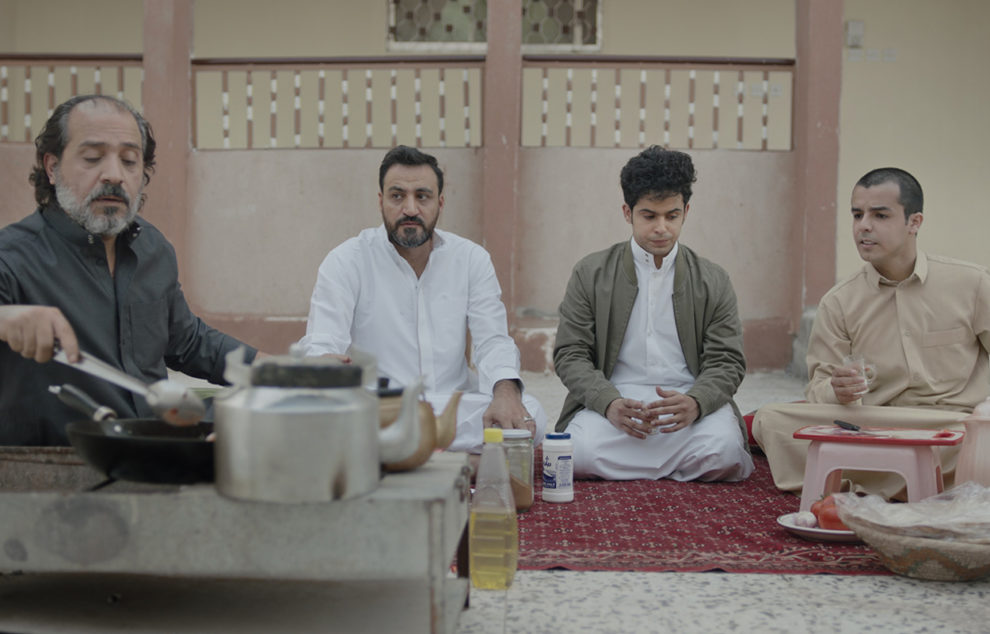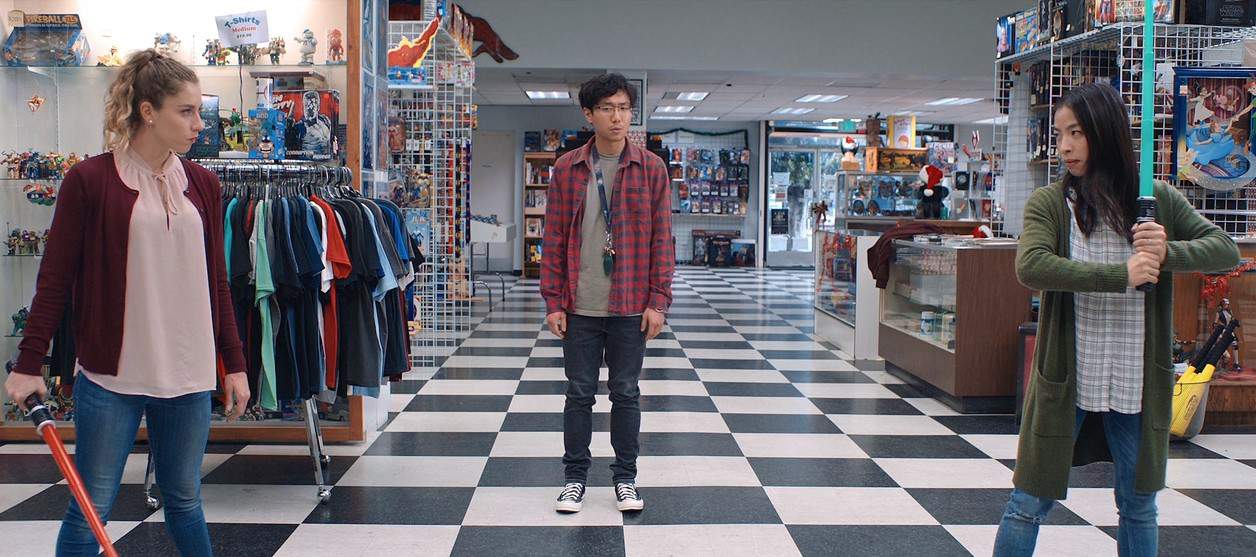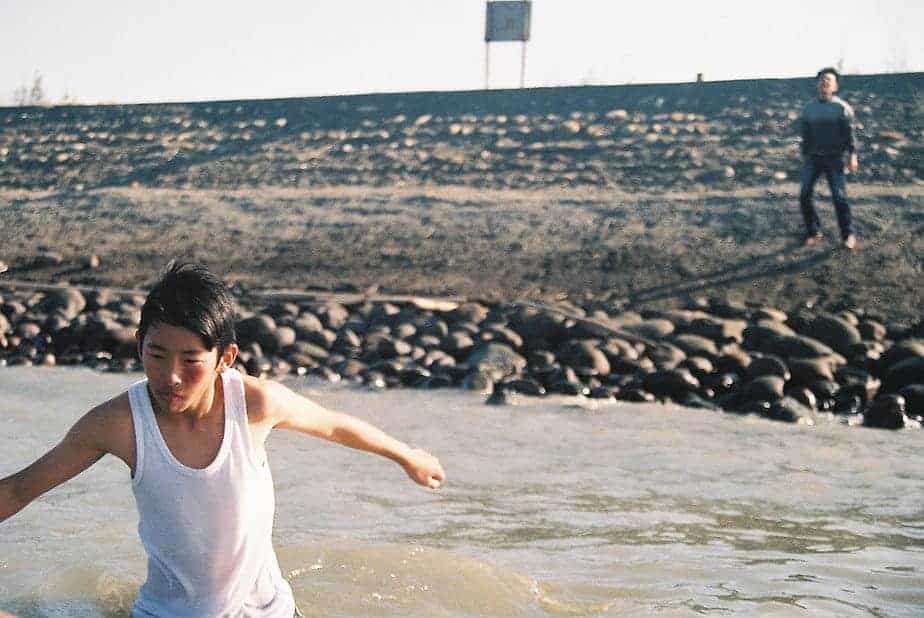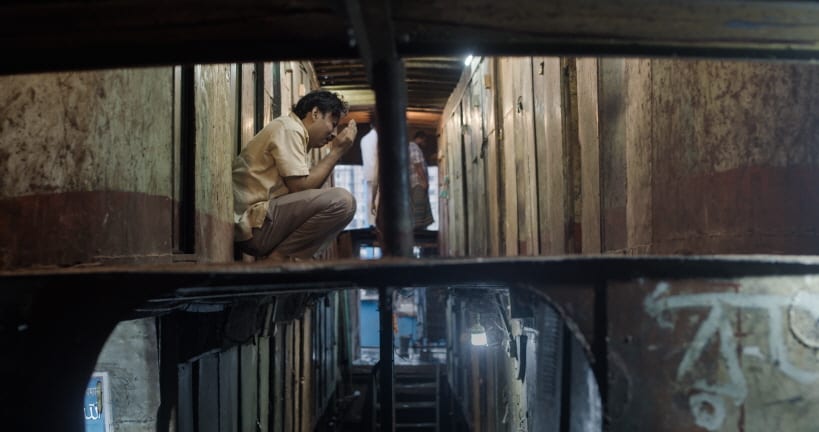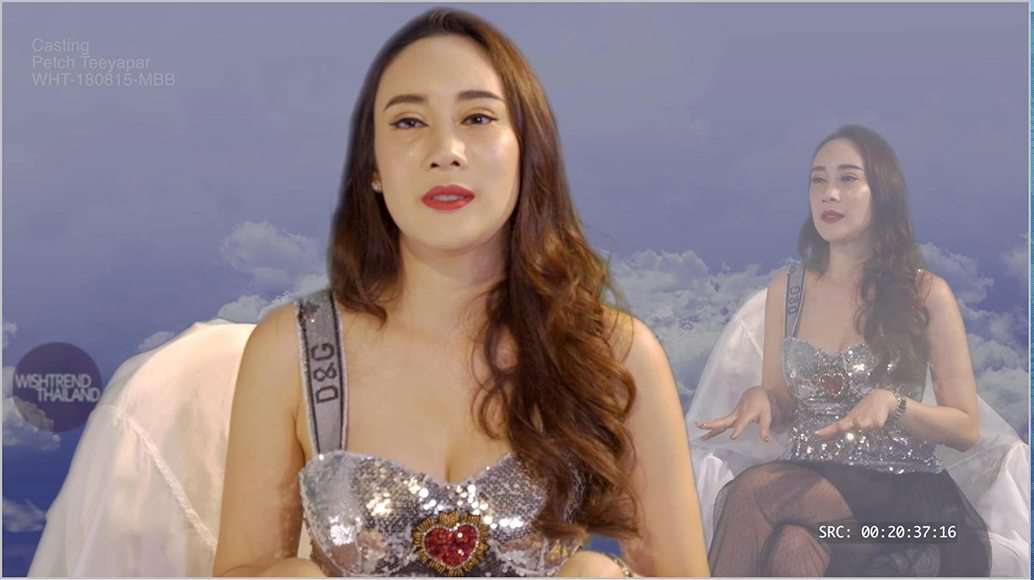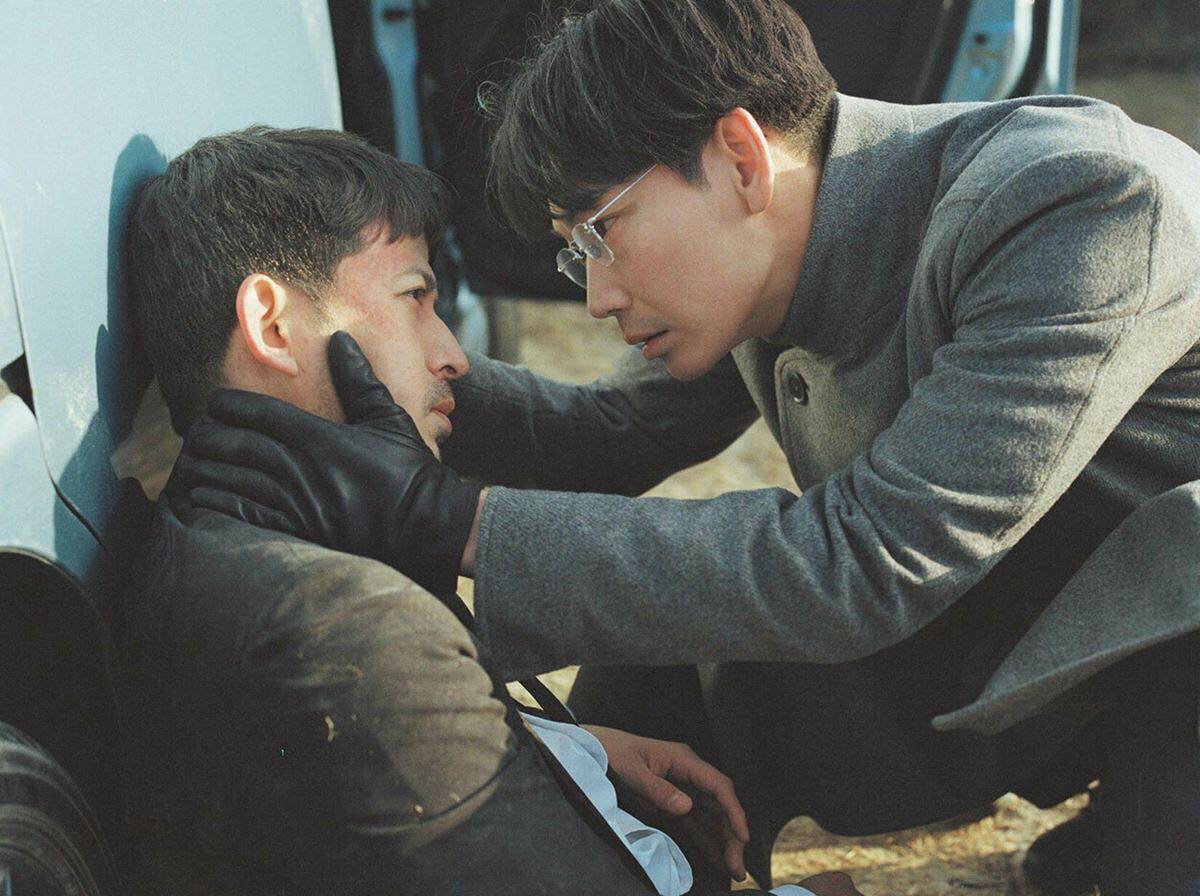Cinema of Saudi Arabia is a small and still quite new, thus undiscovered industry, releasing a modest number of features per year. 2012‘s „Wadjda” by Haifaa al-Mansour, which won accolades on festivals across the world including BAFTA for the best foreign film, was considered the first motion picture with an all-Saudi cast and shot entirely on location in SA. It was only in 2018 when the country in a series of socio-economic reforms introduced by the ruler lifted its religion-based ban on movie theatres that lasted 35 years. Also, Saudi Film Council (SFC) was founded. It opened up brand-new opportunities for filmmakers. Abdulmohsen Aldhabaan was among those who decided to benefit from the change of landscape in an emerging industry and applied for a shooting permit. He started watching movies on VHS and DVD and learned about the cinema from an online forum for cinephiles. Since 2006, he worked as a movie critic and journalist, attending screenings in neighboring Bahrain. “Last Visit,” which premiered in Karlovy Vary, is his debut feature and a rare opportunity for the worldwide audience to have some insight into a society of a country, which is little known by outsiders.
Last Visit is screening at ALFILM

Running only 75 minutes, “Last Visit” (Akher Ziyarah) focuses on the relationship of two characters, Nasser (Osama Alqess) and his 16-year-old son Walid (Abdullah Al-Fahad). On receiving news of Nasser's father's grave health condition, both men travel together from Riyadh, a modern city where they live, to their ancestral home in a village. From the very beginning, Walid is distanced. With huge headphones on his ears, busy with his smartphone, he doesn't utter a word to his father during their journey. On reaching the destination, the young man seems introverted and withdrawn, not keen to integrate with his uncle or cousins. With gloomy stares, he prefers to stay aloof and keeps away from communal prayers or other rituals.
Disconnection between him and his father represents a divide in a society torn between tradition and modernity. It is not only a generational gap between youths and the elder, but also the burning difference between people from the big cities knowing different lifestyles and mindsets than inhabitants of rural areas. The atmosphere of coldness and lack of emotional connection between father and son is well-mirrored in cinematography by Tunisian Amine Messadi.
The director reflects on patriarchal society and points that youths are no longer keen to obediently adjust to deep-rooted norms. The complete lack of any female characters on screen reminds us constantly that we are in a male-centric world. However, this decision causes some sense of unreality. As in a family environment which is portrayed, one expects to see aunts, wives, daughters, or grandmothers. The absence of females doesn't allow to paint the bigger picture of a society and to answer more detailed questions about the characters and reasons behind their troubled relationship or family tensions. Also the whole story is very subtle and unfortunately narrative lacks some more substance, as it plays more by mood than showing any conflicts. But


